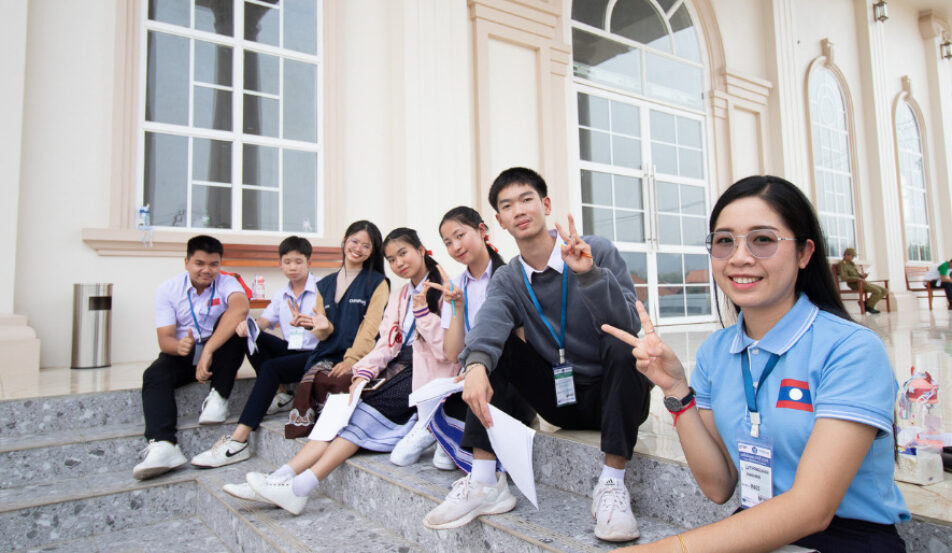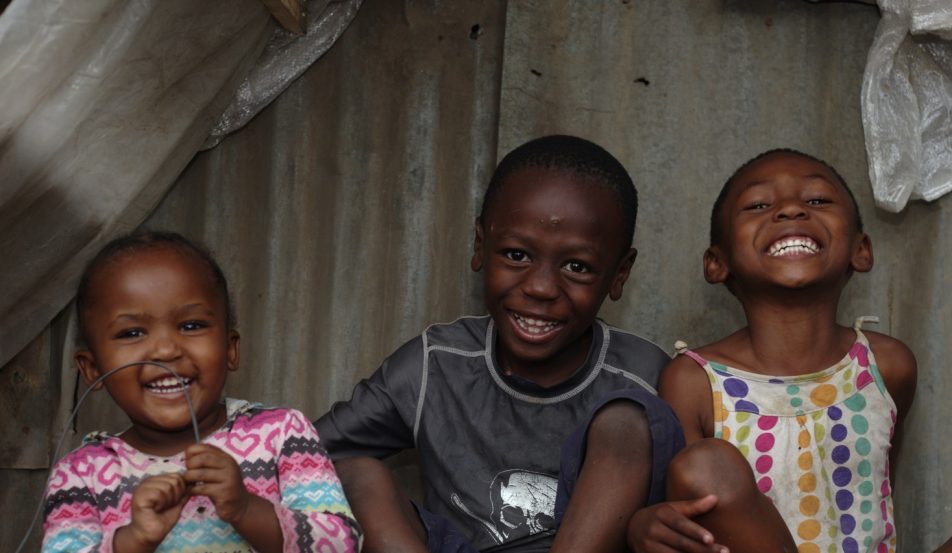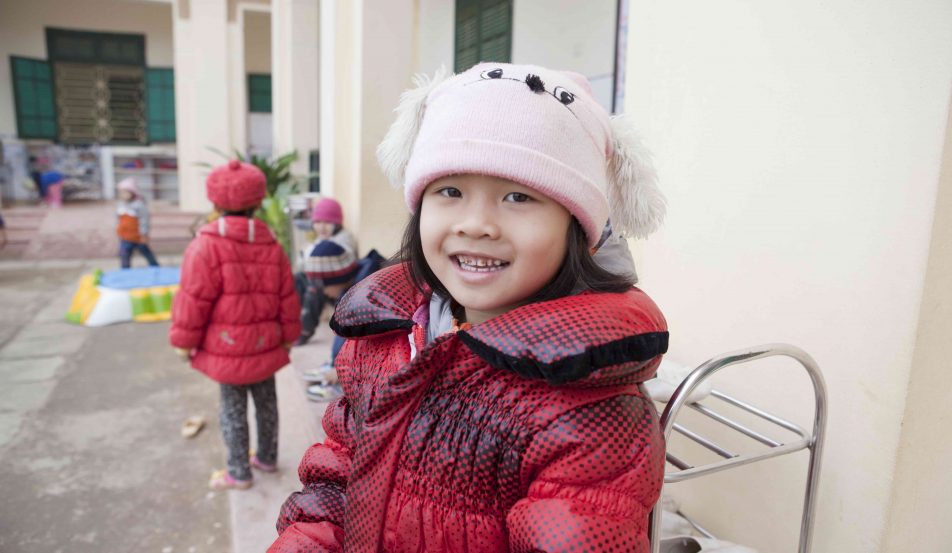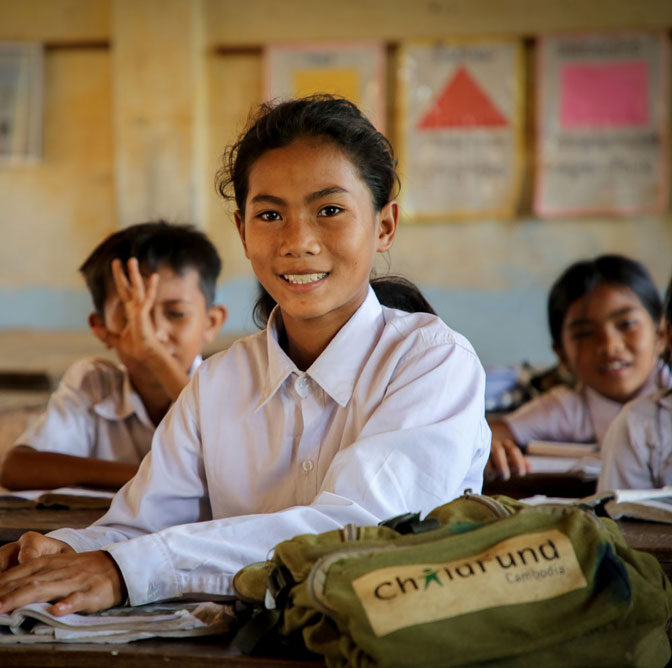Fine job, Charlie: how an 11-year-old got Australia’s attention
One of the most tweeted articles this week wasn’t by the Prime Minister or an award-winning journalist – it was an opinion piece written by an 11-year-old boy.
On Monday, Charlie Fine put forward his view on why ethics classes in schools should not be abolished. It was an articulate call to action directed to NSW Premier Barry O’Farrell, asking him not to bow to pressure from Fred Nile to have the classes removed.
Whether or not one agrees with Charlie’s point of view, it is refreshing to hear the voice of a child in a debate about an issue that directly affects children. I applaud Charlie’s willingness to put forward his opinion in this way, in what is typically an adult forum. His arguments are clear and well thought through, and he certainly isn’t afraid to say what he thinks.
It is apparent from the reactions that many people are uncomfortable with children entering a political debate. The fact Charlie’s article was so widely tweeted – and doubts were cast on whether the piece really was written by a child – goes to show how unused to hearing children’s voices we are on issues that have long been seen as the exclusive domain of adults. We are more comfortable seeing children as human beings to nurture or chastise. To hear or see them as citizens actively participating in social and political debate is completely unfamiliar to us.
Yet the notion that children should be seen and heard has steadily gained ground, aided by the UN Convention on the Rights of the Child. Australian schools have Student Representative Councils, local government bodies have youth advisory committees and children in the Australian legal system are provided with separate representation. International NGOs are beginning to consult children about the design and evaluation of aid programs in recognition that such processes not only empower children but improve decision-making and outcomes.
ChildFund actively seeks children’s views through a range of initiatives, including our global children’s survey. Last year, we polled 3,000 children aged 10-12 from 30 developing countries across the world, as well as children from Australia, to help us understand children’s experience and ensure their voices are heard. The survey will be conducted on an even larger scale this year.
But does it really matter what children think or are decisions best left to those with maturity on their side? The research evidence is still catching up, however, there are strong indications of the benefits of child involvement in decision-making and development. In Australia and throughout the developing world there are numerous examples where children have been given the opportunity to participate and, as a result, are now leading change in their communities.
Children are capable of contributing ideas and opinions on issues affecting their lives, and bring the freshness and vitality that comes with youth. We can’t afford to ignore their point of view.
I’d love to hear your views on this. Do you know an inspiring child like Charlie Fine?






